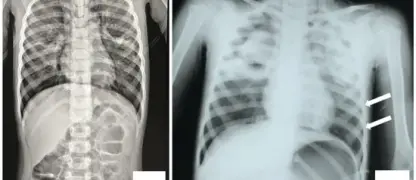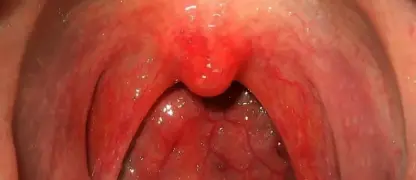Croup is a common respiratory condition in children, causing barking cough, hoarseness, and breathing difficulties. Learn the causes, symptoms, and effective ways to manage Croup safely.
What are the main causes of croup?
- Viral infections, particularly parainfluenza viruses, are the most common triggers of croup, leading to inflammation in a child’s upper airway.
- Exposure to respiratory irritants like smoke or strong chemicals can aggravate the airway, increasing the risk of croup episodes.
- Seasonal factors, especially fall and winter, contribute to higher croup incidence due to the prevalence of respiratory viruses during these months.
Key symptoms of croup to watch for
- A distinctive barking cough, often worse at night, is a hallmark symptom signaling inflammation of the upper airway.
- Stridor, a harsh, noisy breathing sound, may occur during inhalation and indicates partial airway obstruction.
- Hoarseness and difficulty speaking or swallowing may appear as the inflammation affects the vocal cords and throat.
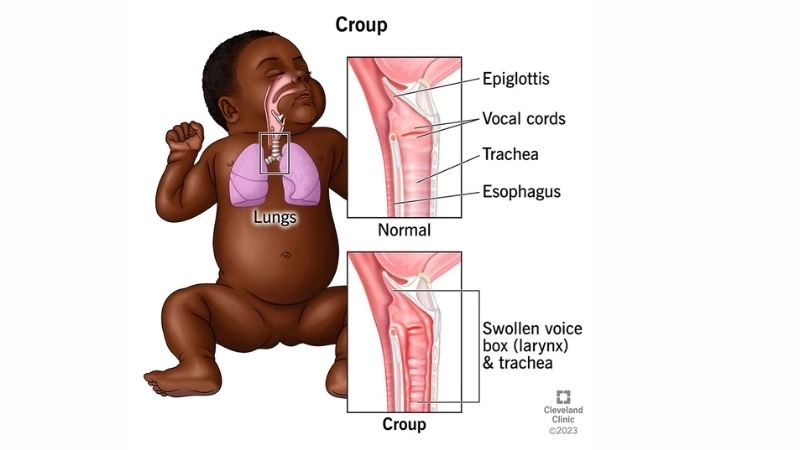
>>>Learn more: Understanding severe acute respiratory syndrome (SARS)
How can you prevent croup effectively?
- Regular handwashing and hygiene practices reduce the risk of viral infections that commonly trigger croup in children.
- Keeping children away from cigarette smoke and other respiratory irritants helps prevent airway inflammation and potential croup episodes.
- Ensuring timely vaccinations, including flu shots, can protect children against viruses that may cause croup.
>>>Learn more: Understanding middle east respiratory syndrome (MERS) risks
Image description of Croup
Croup is a respiratory condition most commonly affecting young children, caused by viral infections that inflame the upper airway. Symptoms include a barking cough, stridor, and hoarseness. Prevention focuses on hygiene, avoiding irritants, and vaccinations.

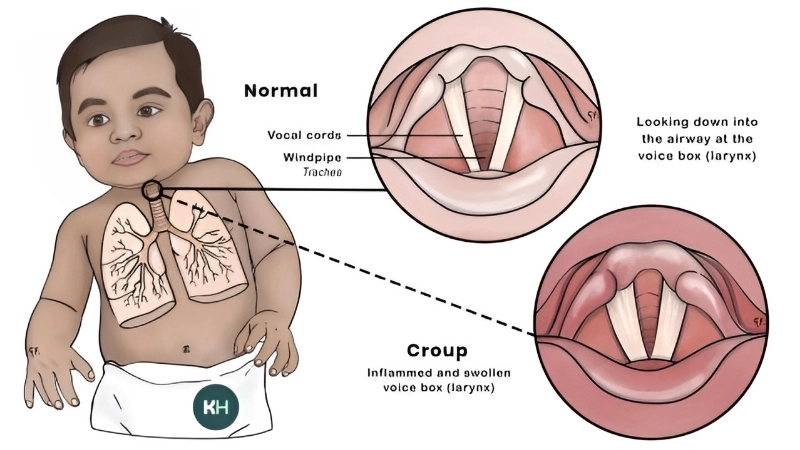
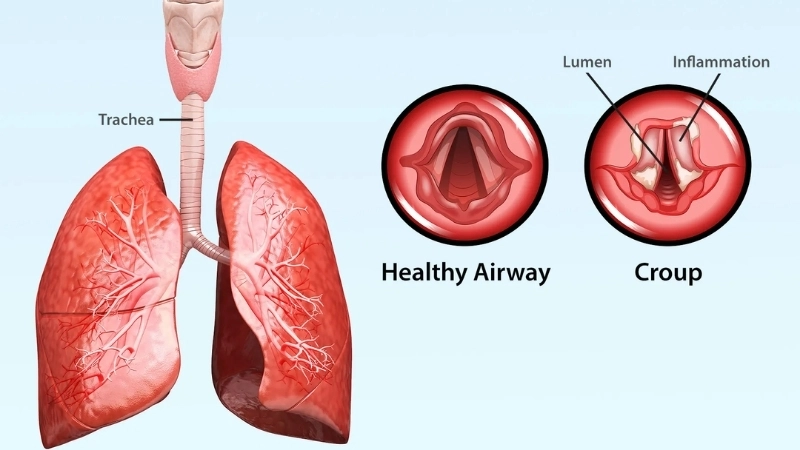
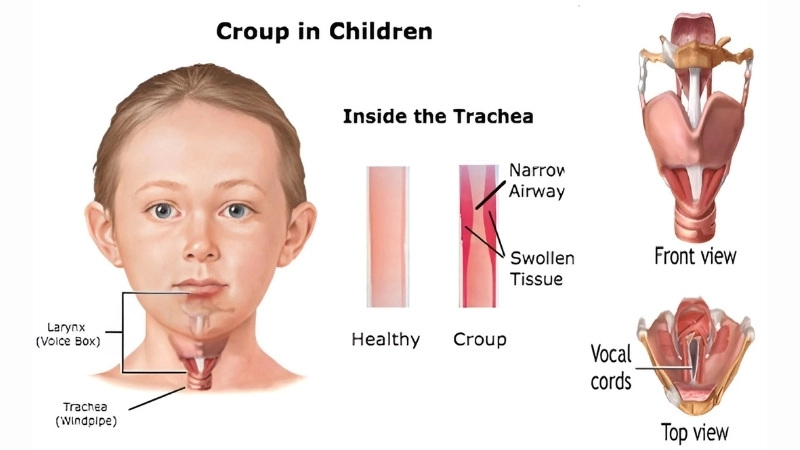
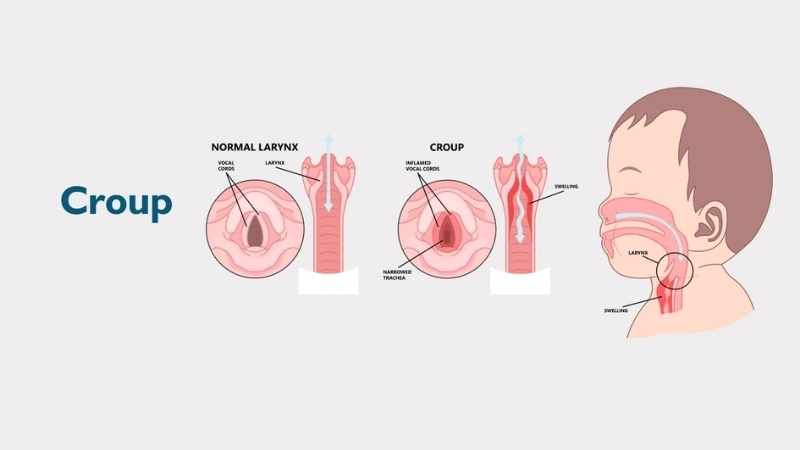
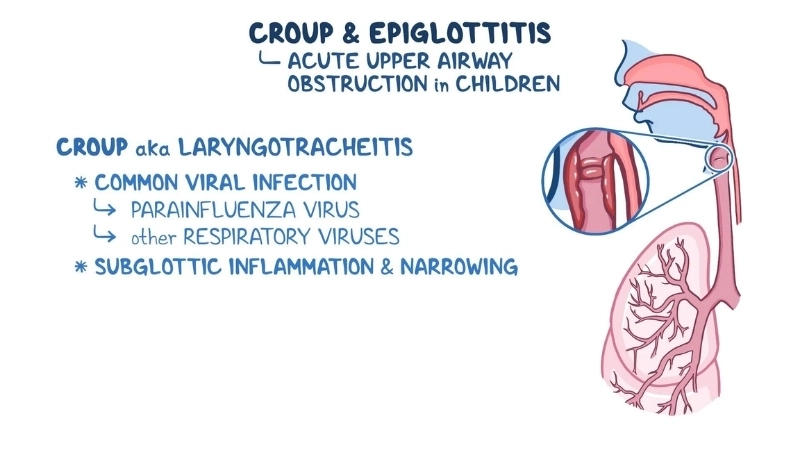
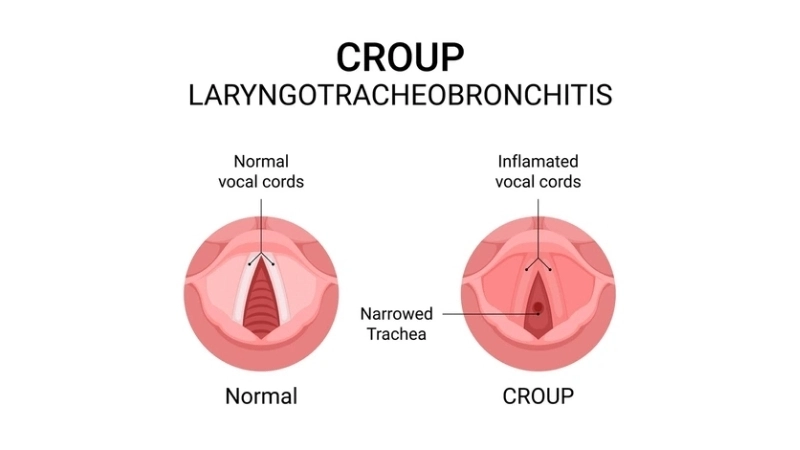
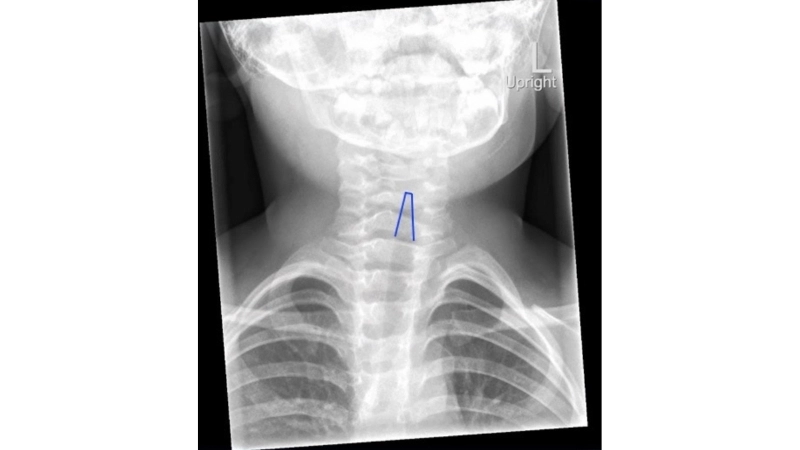
>>>Learn more: How to prevent adenovirus infection in children and adults
Managing Croup early can prevent complications and ease symptoms. With proper care, home remedies, and medical guidance, children can recover safely and parents can stay informed.


